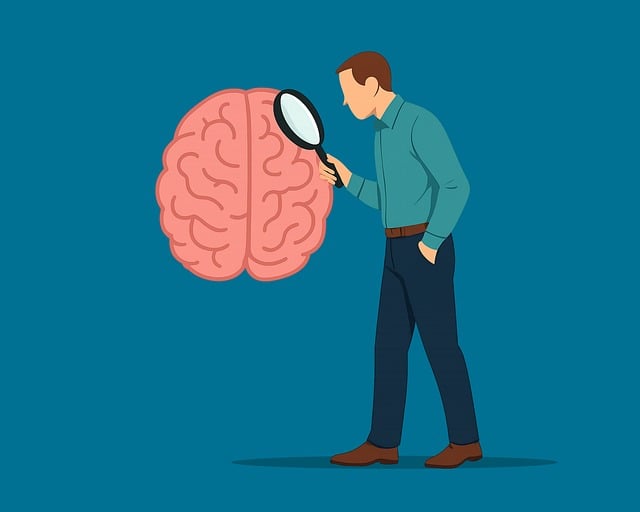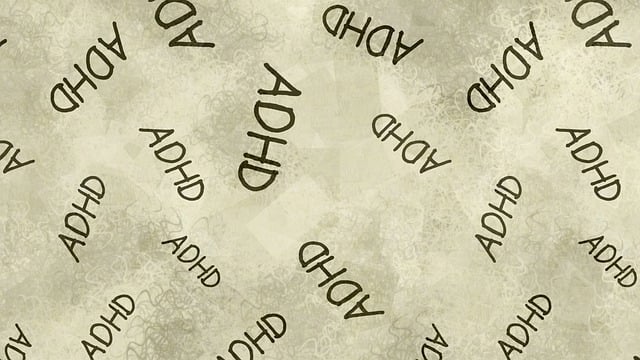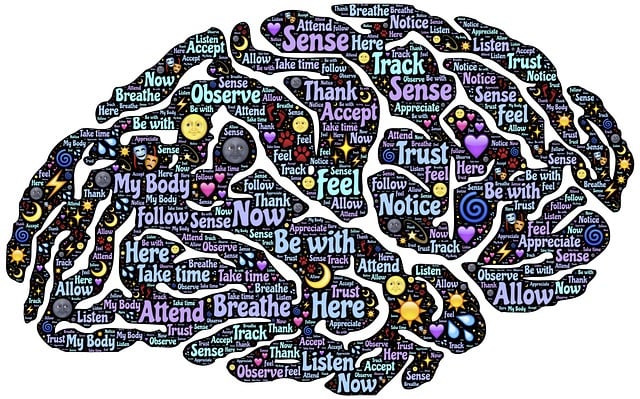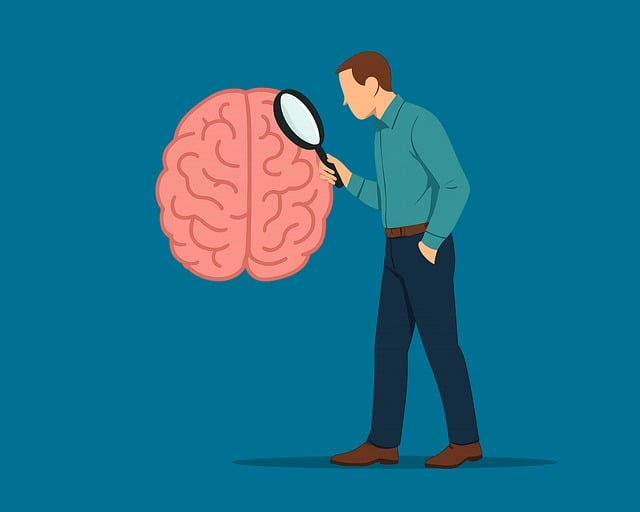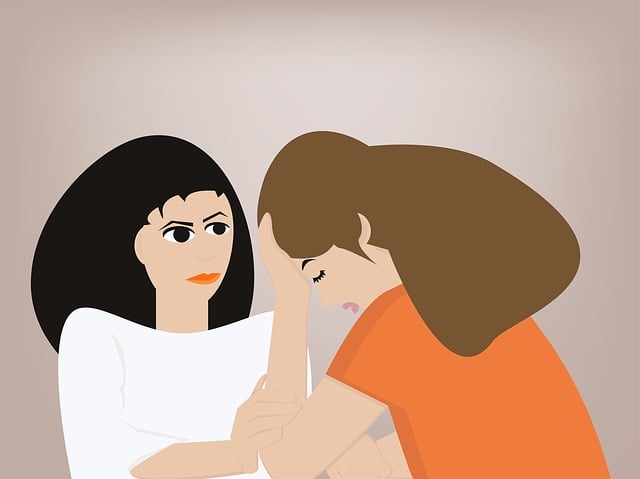Castle Rock Learning Disability Therapy provides specialized social skills training tailored to individuals with mental health conditions, addressing communication, empathy, and conflict resolution. Their evidence-based approach integrates mental health literacy education, stress management workshops, and holistic techniques like Inner Strength Development, assertiveness training, and trauma support. This comprehensive program empowers clients with enhanced interpersonal skills, reduced social anxiety, and improved emotional well-being, fostering meaningful connections and community integration.
Social skills training is a powerful tool for individuals with mental health conditions, offering a path to improved well-being and enhanced quality of life. This comprehensive guide explores the intricate relationship between social abilities and mental health, highlighting challenges faced by those dealing with various conditions. We delve into the specialized role of Castle Rock Learning Disability Therapy in addressing these issues. Through effective strategies and real-world applications, readers will discover how to navigate social interactions successfully, fostering better relationships and overall mental resilience.
- Understanding Social Skills and Their Impact on Mental Health
- Identifying Challenges: Common Issues in Social Interaction for Individuals with Mental Health Conditions
- The Role of Castle Rock Learning Disability Therapy in Social Skills Training
- Strategies and Techniques for Effective Social Skills Development
- Real-World Applications: Improving Quality of Life through Enhanced Social Abilities
Understanding Social Skills and Their Impact on Mental Health

Social skills are crucial for navigating relationships and connecting with others, which significantly impacts mental health. They encompass a range of behaviors, from effective communication to empathy and conflict resolution. For individuals with mental health conditions or learning disabilities, such as those supported by Castle Rock Learning Disability Therapy, understanding and developing these skills can be transformative.
Deficits in social skills often contribute to feelings of isolation, low self-esteem, and even exacerbation of mental illness symptoms. Through therapy and specialized training, individuals learn to engage in meaningful interactions, fostering emotional healing processes and reducing the stigma associated with mental illnesses. The focus on these skills not only enhances their ability to form connections but also empowers them to manage interpersonal situations more effectively, contributing to improved emotional well-being promotion techniques.
Identifying Challenges: Common Issues in Social Interaction for Individuals with Mental Health Conditions

Many individuals with mental health conditions face challenges when it comes to social interactions due to a variety of factors. These can include symptoms specific to their diagnosis, such as anxiety or depression, which may make initiating and maintaining conversations difficult. Additionally, social anxiety and cognitive impairments, common in conditions like Castle Rock Learning Disability, can lead to feelings of isolation and a lack of confidence in social settings.
The complexity of these challenges is further compounded by the need for individuals to navigate social situations with heightened awareness of potential triggers and changes in mood or behavior. This can be especially tricky in diverse environments, requiring flexible strategies to manage interactions effectively. Mental health professionals play a crucial role here, offering support through risk assessment and designing educational programs that focus on mental health literacy and stress management workshops to empower individuals with the tools needed for successful social engagement.
The Role of Castle Rock Learning Disability Therapy in Social Skills Training

Castle Rock Learning Disability Therapy plays a pivotal role in social skills training for individuals navigating mental health conditions. This specialized therapy service goes beyond traditional approaches by integrating evidence-based practices tailored to address the unique challenges faced by those with learning disabilities and co-occurring mental health issues. The therapists at Castle Rock employ dynamic techniques that foster effective communication, emotional regulation, and interpersonal relationships—essential components for enhancing social functioning.
Through a comprehensive mental health education programs design, they empower clients with valuable insights into their conditions, promoting self-awareness and resilience. Encouraging positive thinking and incorporating mental wellness journaling exercises as guidance, these sessions help individuals track progress, set realistic goals, and cultivate coping strategies. By combining these methods, Castle Rock Learning Disability Therapy offers a holistic approach that not only strengthens social skills but also contributes to the overall well-being and integration of individuals in their communities.
Strategies and Techniques for Effective Social Skills Development

Social skills development is a multifaceted process that requires tailored strategies for individuals with mental health conditions. At Castle Rock Learning Disability Therapy, we employ innovative techniques based on Mind Over Matter Principles to empower clients in building and refining their social interactions. Through structured activities, role-playing scenarios, and group discussions, our therapists facilitate the cultivation of essential communication skills, emotional intelligence, and appropriate social behaviors.
One key approach is integrating Inner Strength Development exercises, focusing on fostering self-confidence and resilience. This includes teaching assertiveness techniques, active listening, and conflict resolution strategies to enhance interactions in various settings. Additionally, Trauma Support Services are integrated into the therapy process where needed, providing a safe space for clients to process and overcome past traumatic experiences that may hinder their social abilities.
Real-World Applications: Improving Quality of Life through Enhanced Social Abilities

In real-world applications, social skills training plays a pivotal role in enhancing the quality of life for individuals with mental health conditions. Through Castle Rock Learning Disability Therapy, for instance, tailored programs help clients develop and refine their social abilities, fostering meaningful connections and improving overall well-being. By integrating compassion cultivation practices into therapy sessions, participants learn to navigate interpersonal interactions with greater empathy, reducing social anxiety and stigma associated with mental health struggles.
This holistic approach extends beyond the clinical setting, encouraging individuals to incorporate self-care routine development for better mental health. As these skills mature, individuals become more adept at managing their conditions in diverse social contexts. Moreover, cultural sensitivity in mental healthcare practice is paramount, ensuring that therapeutic interventions are inclusive and respectful of each client’s unique background, thereby enhancing treatment efficacy and fostering a supportive environment conducive to growth.
Social skills training, facilitated by approaches like Castle Rock Learning Disability Therapy, plays a pivotal role in enhancing the quality of life for individuals with mental health conditions. By understanding the impact of social interactions on mental well-being and identifying specific challenges, we can develop effective strategies to foster meaningful connections. Through real-world applications, these enhanced social abilities translate into improved outcomes, enabling individuals to navigate social landscapes with greater confidence and success.


